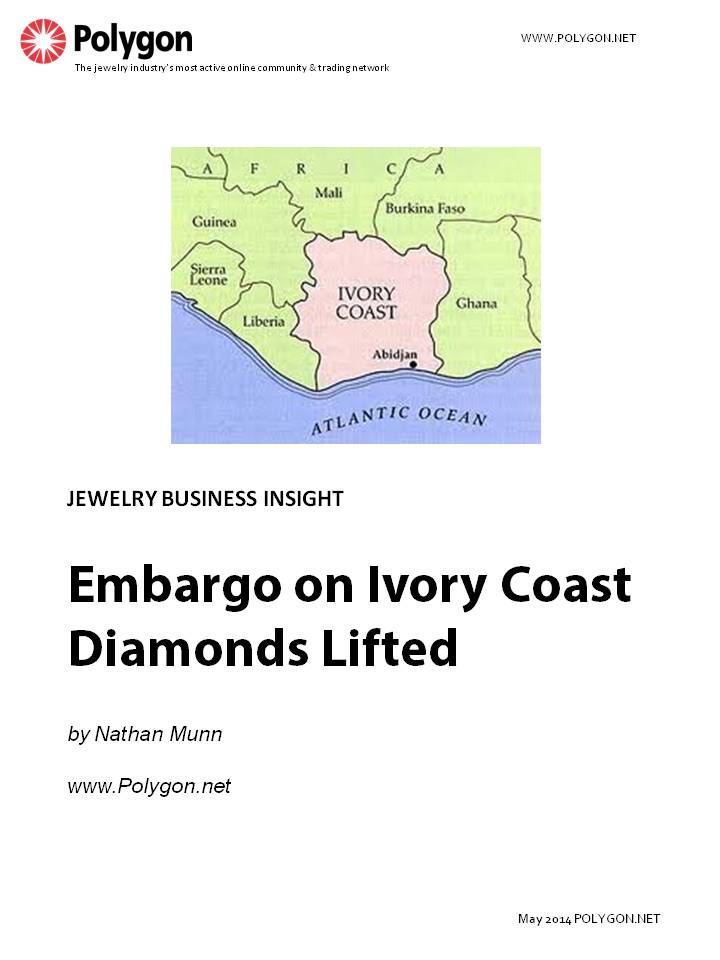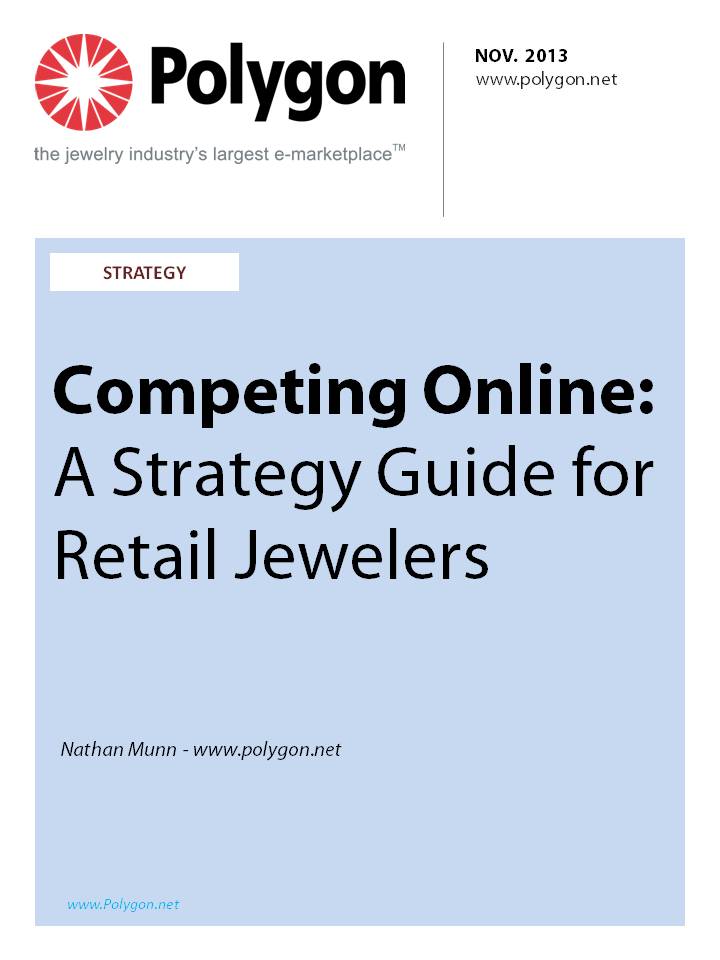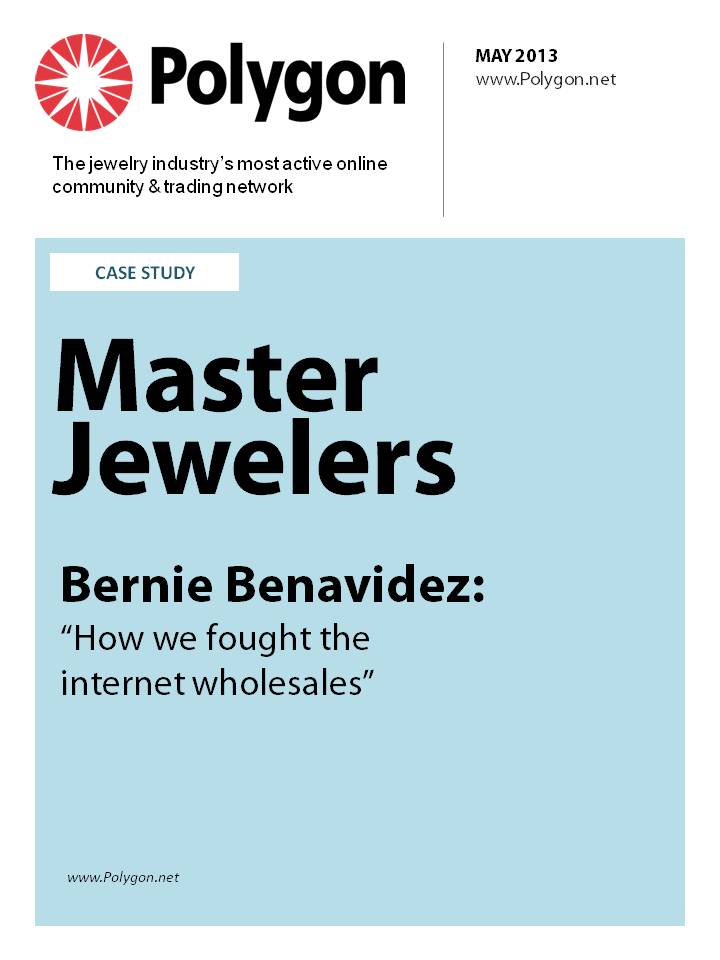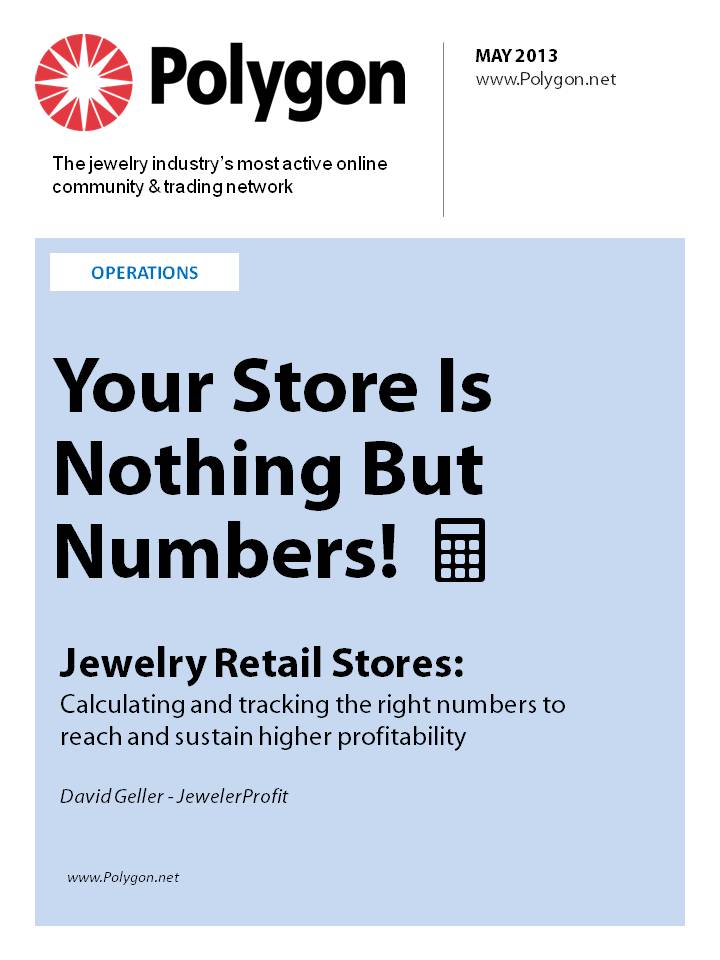Embargo on Ivory Coast Diamonds Lifted

In a unanimous decision delivered on April 29th, the United Nations Security Council rescinded a nearly decade-long ban on the export of rough diamonds from Cote D’Ivoire, also known as the Ivory Coast.
According to Reuters news service, the government of Cote D’Ivoire has been requesting that the Security Council lift the ban ever since it was implemented in 2005, stifling what was a $25 million annual diamond export market before the embargo came into effect.
The decision by the UNSC to allow Cote D’Ivoire to once again export rough diamonds without restrictions comes after a review of the country’s trade practices by the Kimberly Process, a UN body created to monitor the diamond trade and prevent the sale of “Blood Diamonds”, rough stones that are sold as a funding mechanism for armed conflicts.
Just weeks before cancelling the embargo, the United Nations reported that “the measures and restrictions imposed by the Security Council… still do not prevent the trafficking of Ivorian rough diamonds.” The report further stated that “the Ivorian authorities have made no progress in combating the smuggling of diamonds”. The illicit diamond trade in Cote D’Ivoire is estimated by the UN to be worth between $12 and $23 million annually.
The government of Cote D’Ivoire has stated that the lifting of the ban will allow them to generate funds needed to accelerate reconstruction efforts currently underway in the country. Basic infrastructure in the Ivory Coast was heavily damaged during a short-lived war that broke out in 2011 between military forces loyal to President Laurent Gbagbo and supporters of then-president elect Alassane Ouattara.
In tandem with the removal of the embargo on diamond exports, the United Nations Security Council also eased restrictions that have prevented Cote D’Ivoire from purchasing military-grade arms without UN approval since 2004. The country can now purchase light arms without asking permission, however still must report all arms purchases to the UN.
Blood diamonds first emerged as a topic of concern in the late 1980’s when it became known that several armed conflicts in Africa had been partially funded by illegal diamond sales. Consequent violent insurgencies in Angola, Sierra Leone and Liberia during the 1990’s and 2000’s were also fuelled by diamond mining and trading, resulting in extensive human rights abuses that led to the creation of the Kimberly Process of Certification in 2003 by the UN.Nathan Munn | Polygon.net







